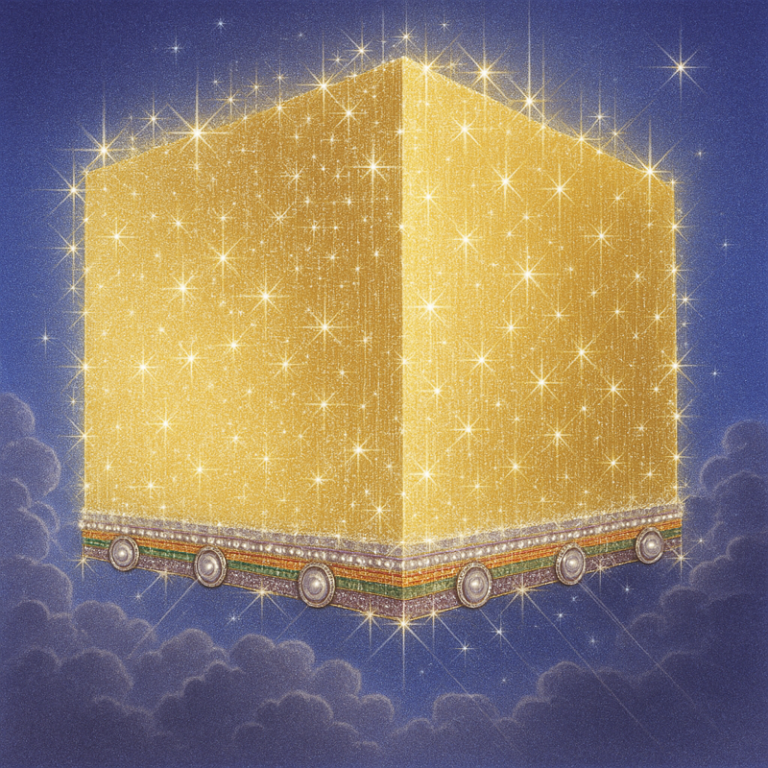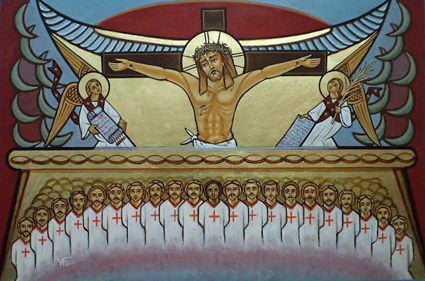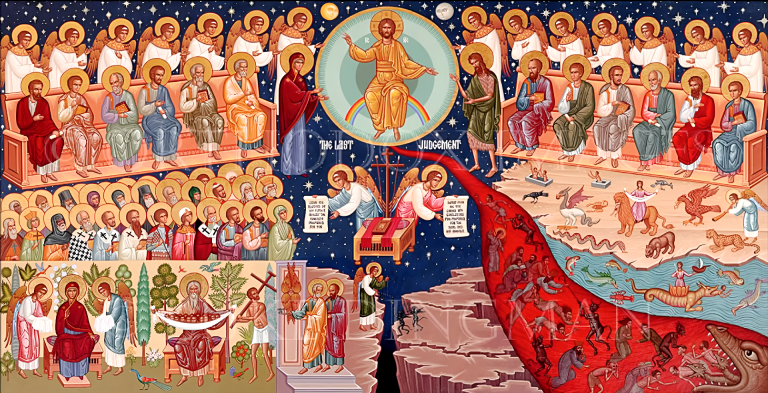When Napoleon was sent to his second exile, on the Island of St. Helena, his British jailors mistreated him with all sorts of petty rules. They made life miserable for him and the handful of people who volunteered to accompany him into exile. Their love for him was so great that one of them stayed on St. Helena at his grave for over a decade, when his body was removed to France and buried with great ceremony.
The sad story was this. Toward the end of his life, he decided to dig a small pond, in which he and the children of his companions put some fish. They enjoyed going to the fish pond and watching the fish swim around in the little world they’d made.
Then, the fish all died, one by one. Napoleon sat by the side of the pond and watched them get sicker and sicker. He had to have been thinking of the vastly larger world he’d tried to make in Europe, a world in which he tried to make goodness, fairness, and justice prevail.
“Does anything I do work?”, he must have asked himself, as the fish floated, belly-up, in front of him.
The fish died because the cement they’d used to seal the bottom of the pond had an excess of iron or copper. Still, the macrocosm he’d begun in France died about as surely as the aquatic microcosm he’d built on St. Helena. We may profitably ask ourselves, “If Napoleon, the most brilliant of all the worldly conquerors, could not fix the world with political activity, can I, or any of us, reasonably expect to do so?”








